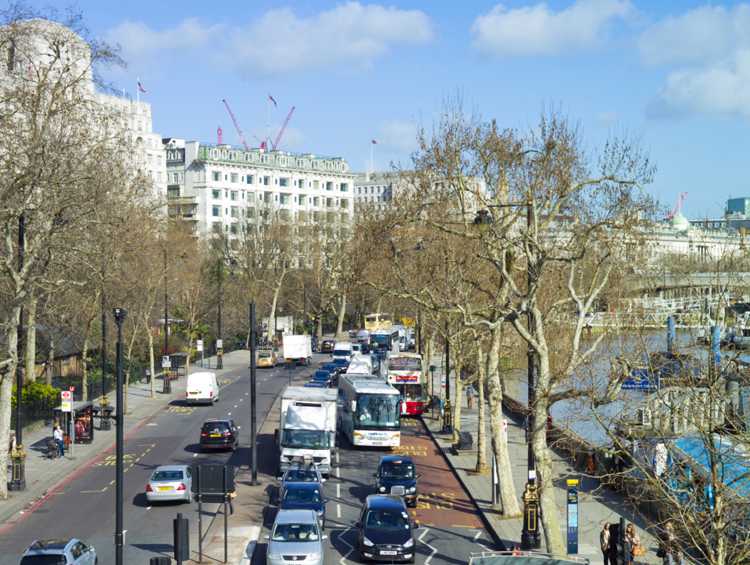Charge drivers per mile rather than have multiple penalties

A new report by Centre for London has called for the adoption of a new road user charging scheme which charges drivers on a per-mile basis, rather than a complicated myriad of charges with different requirements.
Costs of the proposed 'per mile' charge would vary by vehicle emissions, local levels of congestion and pollution and availability of public transport alternatives – and prices would be set before the journey begins.
The scheme would be integrated with London’s wider transport system via a new app and digital platform, which the report proposes would be run by Transport for London. The scheme, which the report calls City Move would provide Londoners with more choice about how they travel around the city.
City Move would use the technology to give Londoners all their travel information in one place, allowing them to compare, plan and pay for journeys. Drivers, for example, would be presented with costs and impacts of using their vehicle versus alternative modes of transport
The report emphasises the need to update the existing system; while the new Ultra Low Emission Zone (ULEZ) is a much-needed environmental measure, it comes on top of the existing Congestion Charge, and proposed charges for the new Silvertown and Blackwall tunnels. This means that by 2025, London could have at least five separate road user charging schemes – each featuring different vehicle standards, hours of operation, charge amounts and payment arrangements. This has created a confusing system for drivers to navigate.
The City Move app would be fairer than the Congestion Charge and ULEZ, the report says. Rather than charging drivers a flat daily rate regardless of how much they drive in a zone, the scheme would consider the impact of individual journeys in terms of journey length, road surface damage, economic costs and environmental damage.
Tackle city-wide air pollution – charging drivers on the most congested roads the equivalent of a cup of coffee or a bus ticket could reduce total emissions and air pollution levels across the whole of London by up to a fifth (over and above the anticipated impact of the current ULEZ).
This idea would also reduce congestion and make for a healthier, more liveable city.



